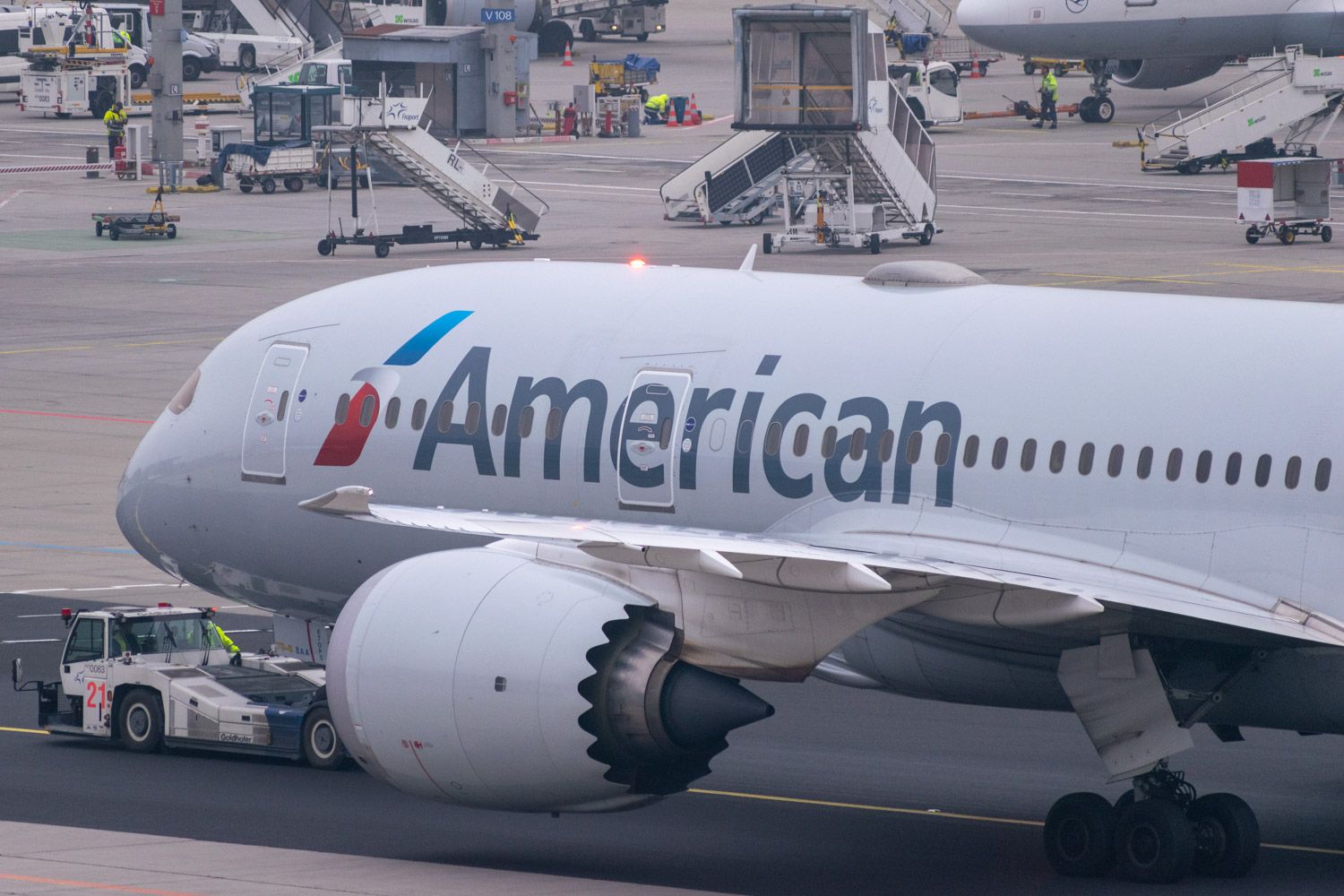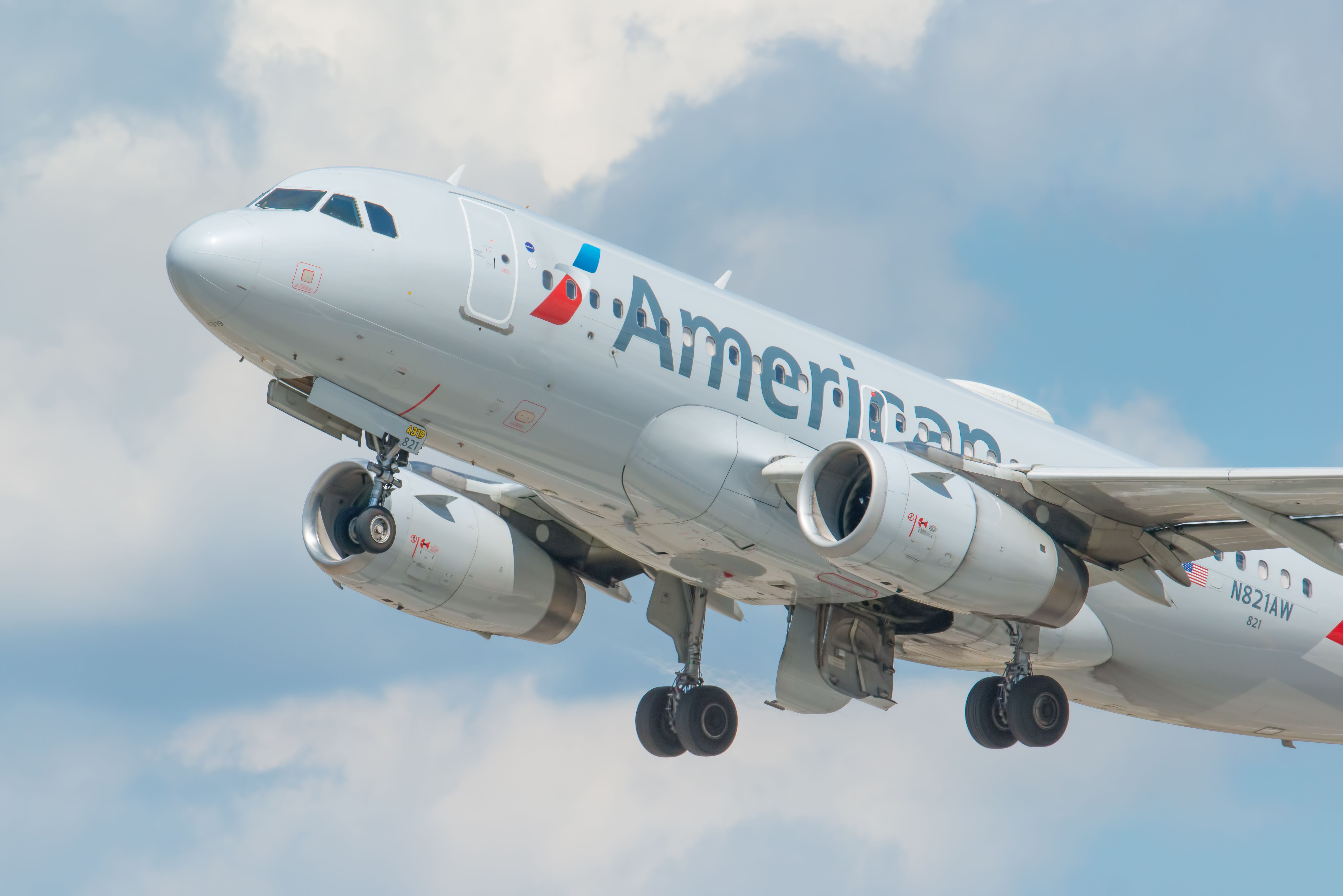Summary
- Skiplagging, or hidden city ticketing, allows passengers to save money by booking a connecting flight and leaving the airport at the layover destination. Airlines are angry about this practice and have the power to change their rules to stop it.
- Passengers argue that there is nothing wrong with skiplagging, and courts in the EU have ruled that it is legal. However, airlines claim that it leads to operational issues and revenue loss.
- Airlines are now vigilant and look for signs that passengers may not take all flights. They can take punitive action, ranging from forcing passengers to pay full fare to banning them from flying. Some airlines, like Allegiant Air, allow skiplagging but will cancel the return leg if a flight is skipped. Overall, airlines do not have to honor hidden-city tickets.
With American Airlines becoming the latest to pursue legal action again Skiplagged, the topic of skiplagging is in focus again. While the practice was ruled legal when United Airlines attempted to shut down the same website, most airlines have been clear that anyone using hidden city ticketing face strict sanction. But should airlines honor these tickets and what basis do they have to deny passengers?
What is skiplagging
Hidden city ticketing, or skiplagging, is the practice of taking a connecting flight but leaving the airport at the layover destination. Indeed, the connecting city is the real destination and you're 'throwing away' the second (or third) flight. This is possible due to airline pricing algorithms, which routinely price down connecting flights compared to direct ones for revenue management.
Skiplagged is one of the earliest websites to identify hidden city opportunities, allowing passengers to save hundreds. Airlines were understandably angered, with many suddenly not showing up for their second flight.
The US and EU have been the most common place for skiplagging cases, or at least those that have seen action by airlines. Lufthansa, United, American, and several others have been cracking down, while others amend their conditions of carriage, while others have followed. We'll take a look at detailed policies in a moment, but what are the cases on both sides?
Should tickets be honored?
From the passenger's perspective, there is nothing wrong with hidden city ticketing. Airlines are happy to sell you a ticket if you plan on going a few hundred miles more but not for the direct city instead. Indeed, courts have taken a similar view in the EU, ruling there is no legal issue with the practice of skiplagging.
Airlines, on the other hand, do take issue and have the power to change their rules to stop it. After recently suing Skiplagged, American Airlines called the practice "classic bait and switch," and said in a statement:
[Skiplagging] can lead to operational issues with checked bags and prevent other customers from booking a seat when they may have an urgent need to travel. Intentionally creating an empty seat that could have been used by another customer or team member is an all-around bad outcome."
Indeed, airlines are unable to sell the seat on the second flight because they expect the original traveler to show up. However, whether this is actively locking out emergency travelers is a tough one to make, they can always be placed on standby were a seat to open (which it would in this case). An empty seat would also increase emissions per flight. But in reality, the only thing airlines are losing out on is revenue.
After investing hundreds of millions into pricing algorithms, the least thing airlines want to do is lose to customers. If the trend continues to grow, losses will mount as well, which is just bad business. But airlines have the power to stop it too. In reality, the question of 'if' they should honor tickets is redundant, airlines won't (although a rare few do!).
Get the latest aviation news straight to your inbox: Sign up for our newsletters today.
How do airlines know and what is the punishment?
Skiplagged tickets come with restrictions due to their nation: no checked bags, no roundtrips, and the risk of rerouting away from the connecting city. But airlines don't know that you aren't planning on taking all flights since no one volunteers this information (please don't tell them). However, carriers are now vigilant and look for signs that you may not take all flights.
In the case of a Florida teenager, a driving license from the layover state tipped off the authorities to a possible hidden city booking. After an 'interrogation' American decided that the 17-year-old was planning to skip the second flight and canceled his flight, forcing him to pay the ongoing fare for the direct flight. To make matters worse, he was handed a three-year ban from flying American.
Indeed, carriers have the right to take punitive action against you for skipping legs. This can range from just forcing you to pay the full fare before flying to closing your loyalty account and a lifetime ban. The cost is certainly high for skiplagging and it should only be considered when the price difference is extreme and you're willing to risk flying with this carrier again. At least in the US.
In Europe, courts have been much more lenient with skiplagging, with Italy going as far as to ban airlines from taking action against skiplaggers. With the practice ruled illegal, punishments are frowned upon by courts, and airlines are reluctant to take action. Lufthansa even failed to recover a fare difference for a hidden city business class ticket, although this was on a technicality of how the price difference was calculated.
Some airline will allow it
In the US, Allegiant Air is the only carrier that has outrightly said it has no issue with skiplagged tickets but will cancel any return leg if you skip a flight in the outbound journey, according to Insider. David Neeleman's Breeze Airways, which is built on a point-to-point model, has said it won't stop passengers either. Meanwhile, American, United, Delta, Alaska, Hawaiian, and Southwest have strict rules against skiplagging and reserve the right to take action.
Bottomline, airlines don't have to honor hidden-city tickets and they have shown they will not. Booking these tickets comes at your own peril and with airlines cracking down, a lot is at risk, especially for frequent flyers.
What do you think about skiplagging? Let us know in the comments.
Source: Insider




